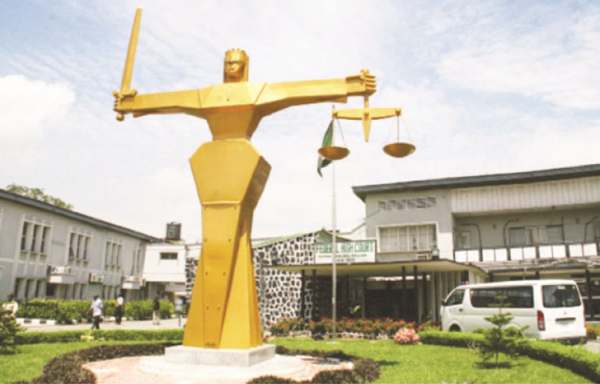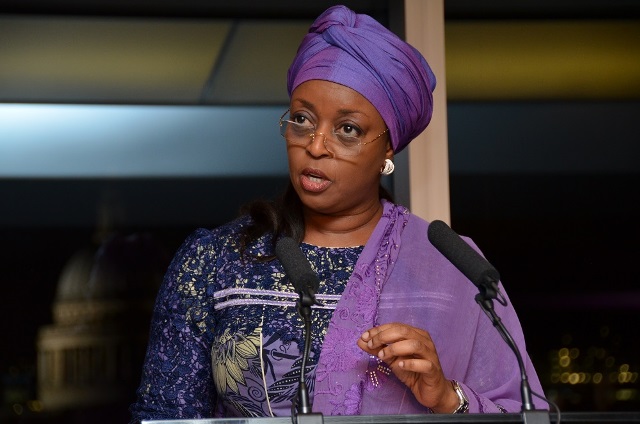The Federal High Court in Abuja on Tuesday ordered the Economic and Financial Crime Commission (EFCC) to unfreeze a bank account belonging to the Chairman of Daar Communications Plc, Raymond Dokpesi.
The Chief Judge of the Federal High Court, Justice John Tsoho, hearing the case gave the order, saying that the criminal charges which led to the freezing of the account had been dismissed and Dokpesi discharged and acquitted by the Court of Appeal.
The News Agency of Nigeria reported that the judge said that the Economic and Financial Crimes Commission, (EFCC) had no basis to put a ‘post no debit order’ on the account in view of the subsisting and valid judgment of the Court of Appeal.
He held that there was no application by the EFCC for stay of execution of the appellate court’s judgment, which quashed the criminal charges against Dokpesi.
He ordered that the freeze order and post no debit on the account be immediately removed in compliance with the appellate court’s judgment.
READ ALSO: Apapa-Oshodi Expressway To Undergo Partial Shutdown For 3 Weeks
Ruling on the claim by the EFCC that it had appealed the appellate court’s decision at the Supreme Court, the judge held that the notice of appeal filed at the apex court could not in law stay the execution of the subsisting judgment.
The EFCC had in 2015 dragged Dokpesi to court accusing him and his company of illegally receiving funds considered as proceeds of crimes from a former National Security Adviser (NSA), rtd Col. Sambo Dasuki.
He pleaded not guilty to the charges and went further to file a no-case submission after the prosecution closed its case in November 2018 after calling 14 witnesses.
However, the trial judge, Justice Tsoho, rejected the no-case submission and ordered Dokpesi and his firm to enter their defence.
Not satisfied, the defendants then approached the Court of Appeal, with a request to nullify the decision and free him from the charges on the grounds that the prosecution failed to establish a prima facie case against them.
In the unanimous judgment delivered by Justice Elfreda Williams-Dawodu, the appellate court agreed with the appellants that the case of the respondents lacked merit having “failed woefully to establish a prima facie case against the appellant”.











